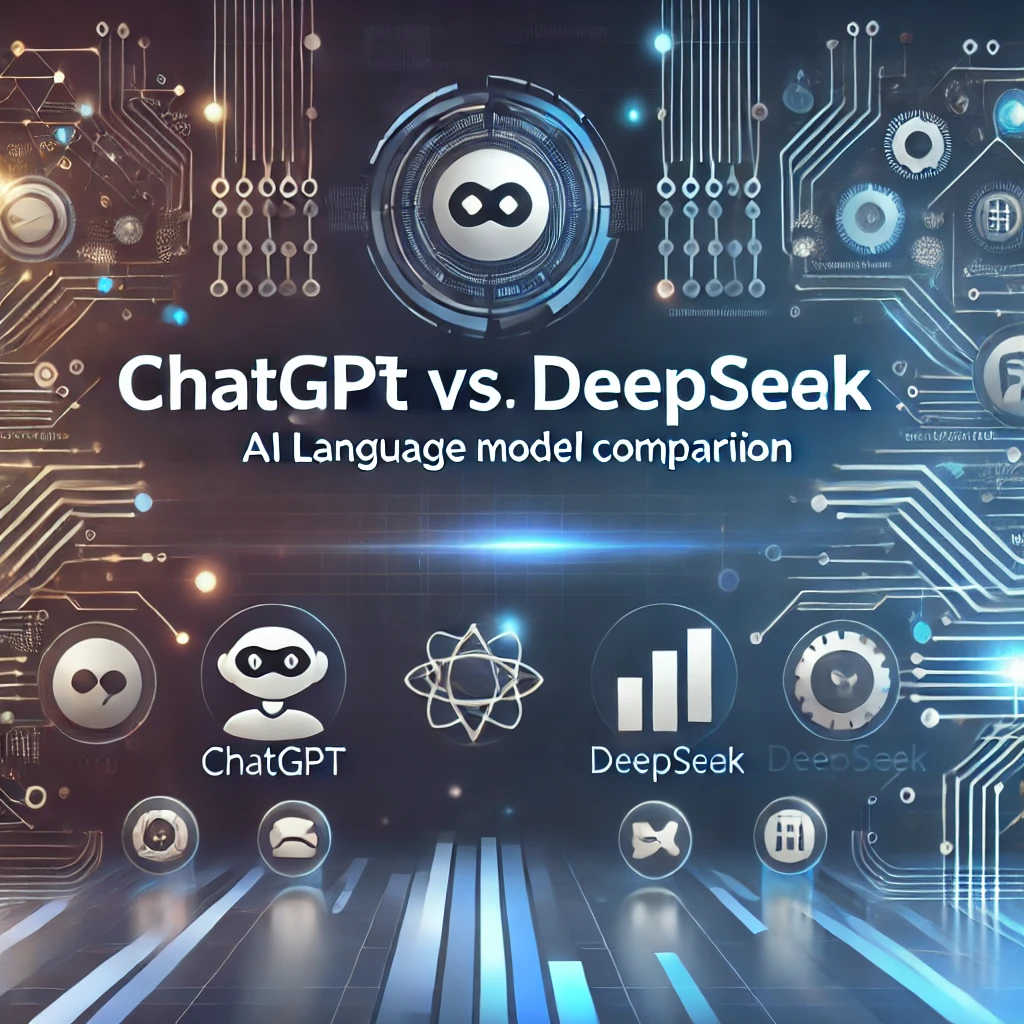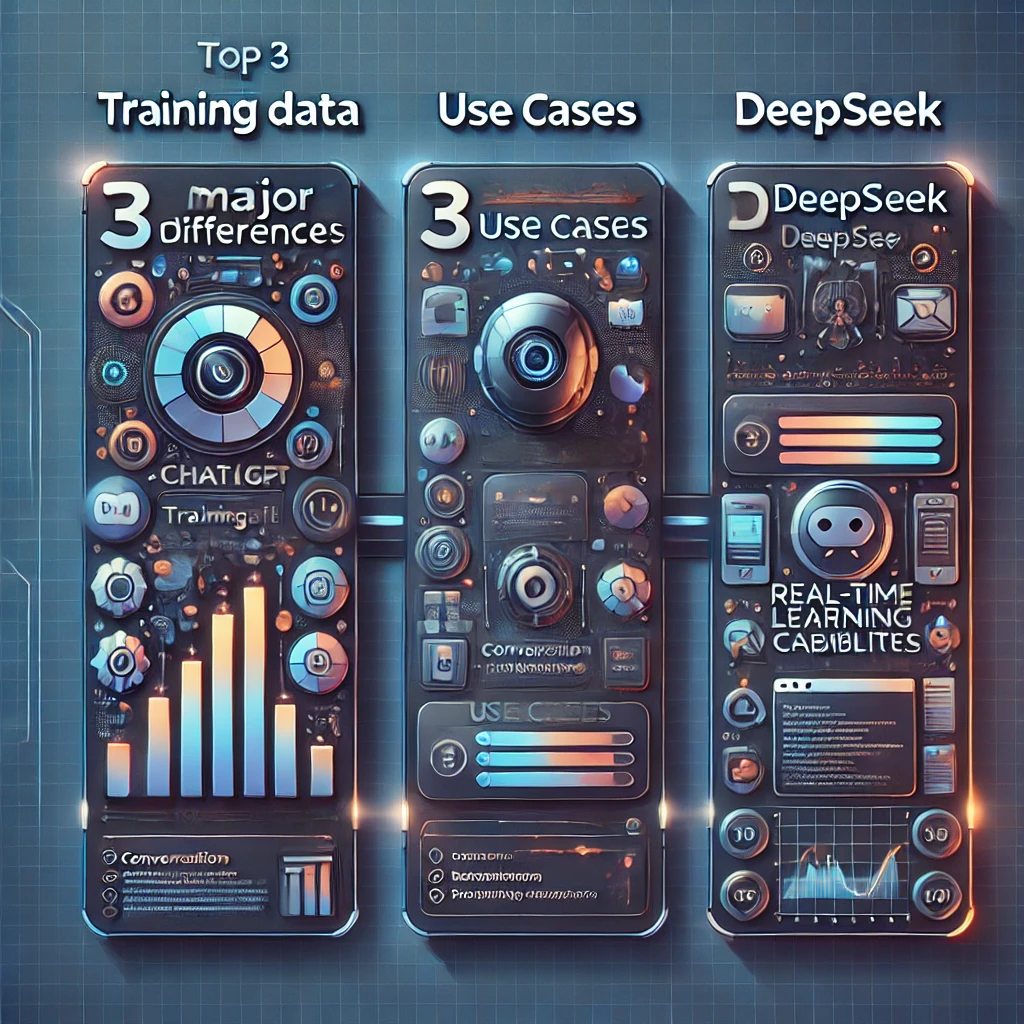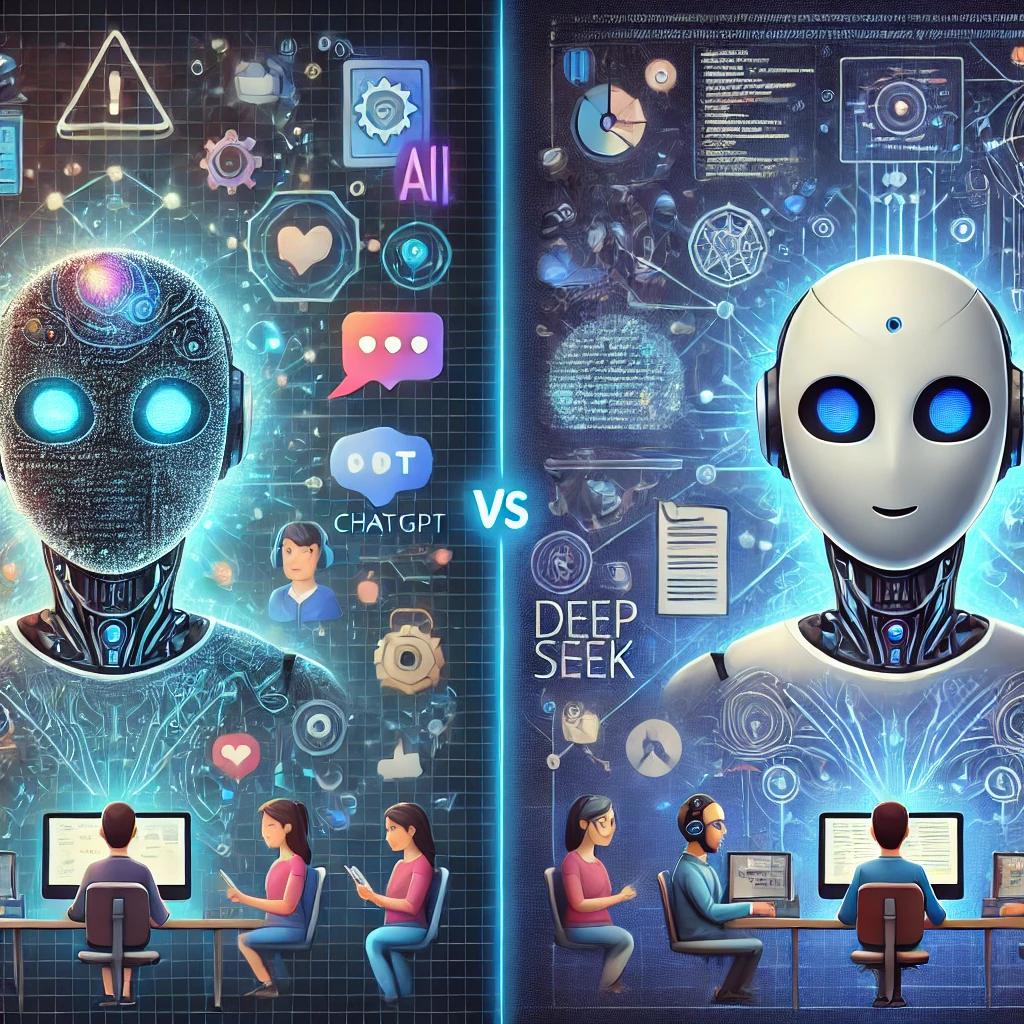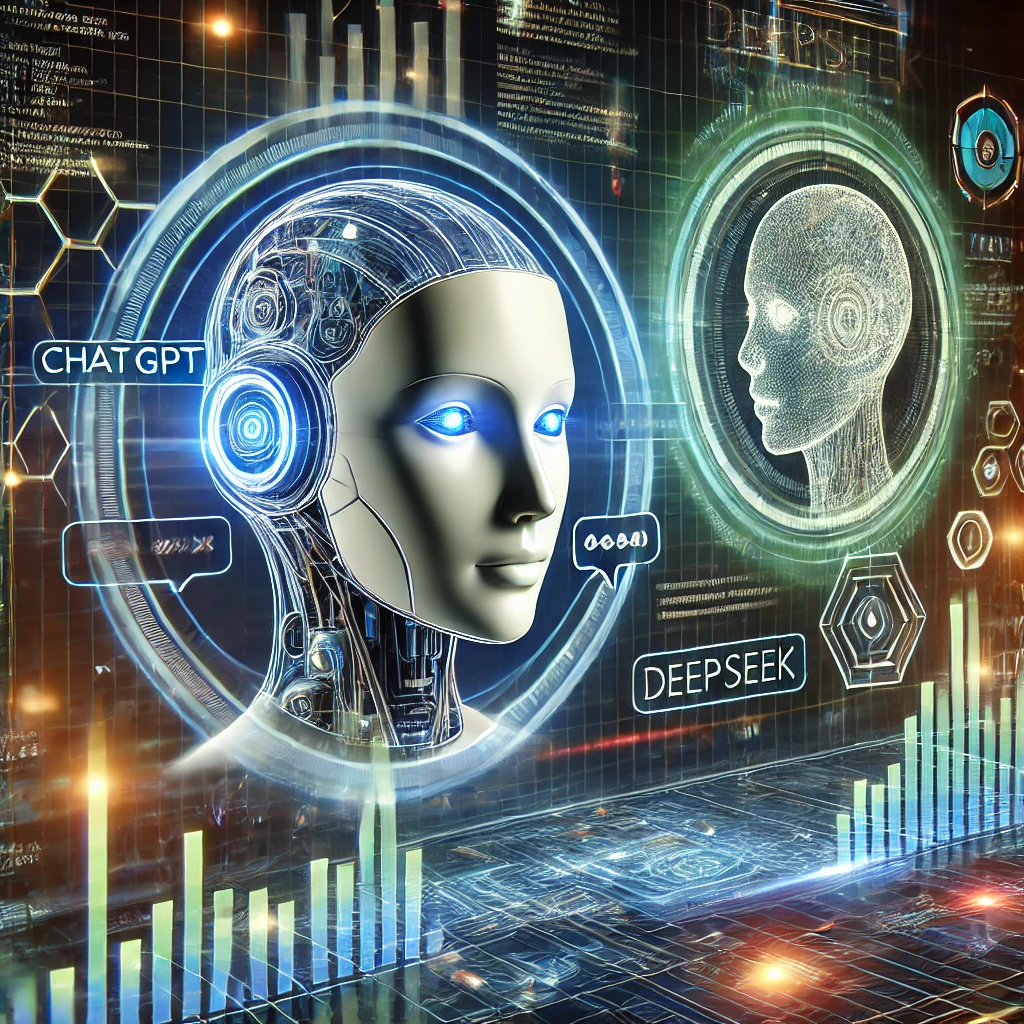
Artificial intelligence has rapidly evolved, with language models like ChatGPT and DeepSeek shaping the future of human-computer interactions. Both models are designed for natural language processing (NLP), but they differ in capabilities, training data, and applications. This article explores their strengths, limitations, and major differences.
Understanding ChatGPT and DeepSeek
ChatGPT, developed by OpenAI, is a widely used generative AI model designed for conversation, content creation, and problem-solving. It is trained on vast datasets encompassing diverse sources, enabling nuanced and context-aware responses.
DeepSeek, a newer entrant in the AI landscape, is tailored to enhance deep learning research and problem-solving in specialized domains. It integrates real-time learning mechanisms and domain-specific training, making it effective in technical fields.
Key Differences

- Training and Knowledge Base
ChatGPT is trained on a broad dataset, including books, articles, and internet sources, offering extensive general knowledge. DeepSeek, in contrast, emphasizes domain-specific data, excelling in technical and research-oriented applications. - Adaptability and Use Cases
ChatGPT is versatile, serving various industries, from customer service to creative writing. DeepSeek is more specialized, focusing on scientific research and academic applications, where precise and technical responses are required. - Real-Time Learning Capabilities
While ChatGPT relies on pre-trained knowledge, DeepSeek incorporates adaptive learning techniques, allowing it to refine its responses based on new information more dynamically.
Strengths and Weaknesses

ChatGPT Strengths:
- Strong conversational abilities, making it ideal for customer support and general inquiries.
- Creative writing and content generation capabilities.
- Wide-ranging knowledge suitable for multiple industries.
ChatGPT Weaknesses:
- Lacks real-time data updates.
- May generate plausible but inaccurate information.
- Less effective in domain-specific research compared to DeepSeek.
DeepSeek Strengths:
- Advanced problem-solving and technical research capabilities.
- Real-time adaptive learning for more accurate domain-specific responses.
- Suitable for scientific and academic applications.
DeepSeek Weaknesses:
- Limited versatility compared to ChatGPT.
- Not as strong in natural conversation or creative writing.
- Heavily reliant on specialized datasets, making general knowledge responses weaker.
Choosing the Right AI Model

If your needs revolve around broad applications like customer interaction, creative writing, and general knowledge queries, ChatGPT is the better option. On the other hand, if you require precise and research-focused AI for scientific and technical domains, DeepSeek offers greater accuracy and adaptability.
Both models continue to evolve, and as AI technology advances, their capabilities may expand to bridge their respective gaps. Businesses and researchers should evaluate their specific requirements before choosing the AI model that best suits their needs.
